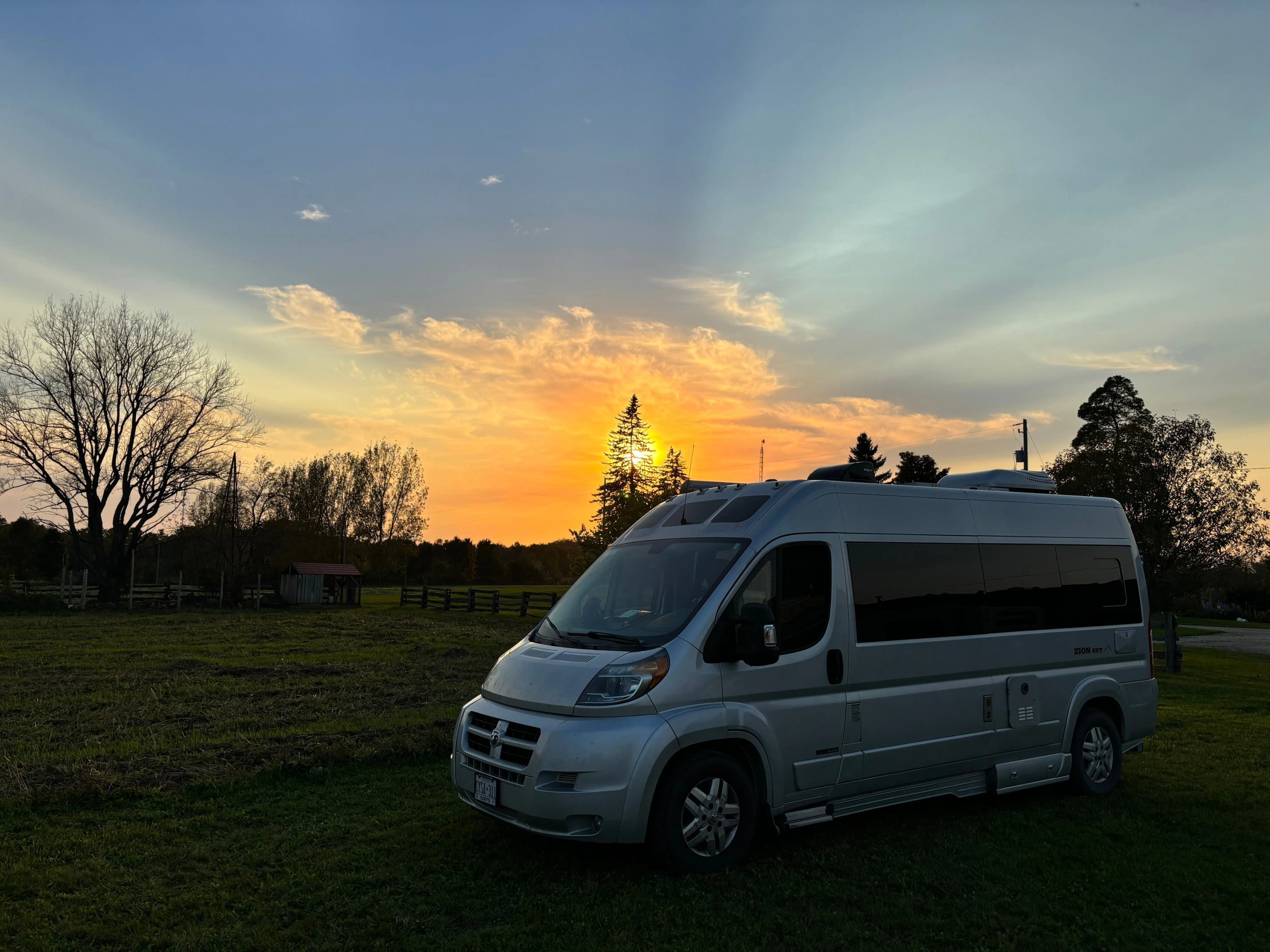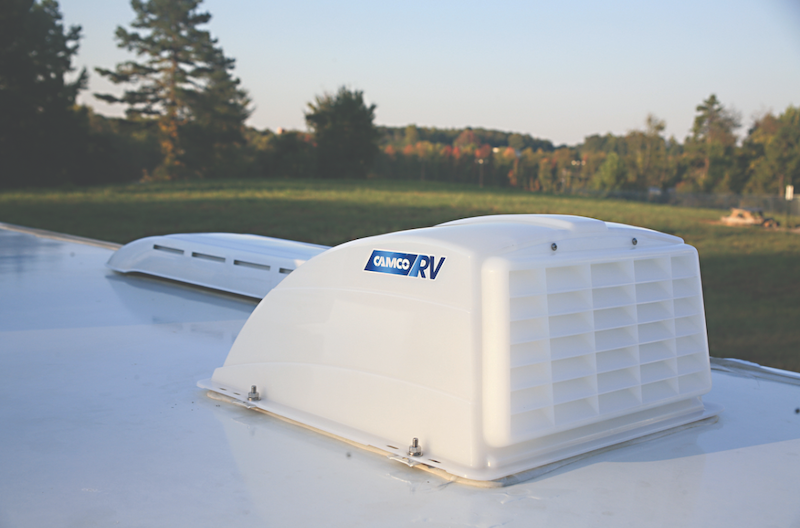How to Save on Repairs with RV Protection
Whether it’s a full engine overhaul or a quick repair, protecting your travel budget with some type of RV protection can be invaluable. These products include RV extended warranties, roadside assistance, and tire and wheel protection. Each one is an investment that will protect you when the unexpected happens. Repairs aren’t fun, but this extra financial defense can cover the most common and costly failures, saving you money for more adventures in your rig.
RV Repair: Costs and Probability
As technology continues to advance, and motorhomes and towable RVs become increasingly complex, repair work will also become more complicated, and it will be reflected in the price tag. It could cost you up to $30,000 for an engine repair, and at least $7,000 for a transmission replacement. On average, labor alone will cost about $100 per hour, on top of an estimated $200 per hour for parts. All in all, you’re looking at an average of $300 per hour every time you have to bring your rig to the shop. An RV extended service contract will step in to take care of these costs, allowing you to protect your travel budget from the unexpected expenses. We’ll dig into more details on these contracts, as well as what they do and do not cover, later in this article.
Whether you choose an RV warranty, or pay for repairs yourself, these costs are something that needs to be budgeted for. Statistically, 3 out of every 10 RVs will breakdown by their second year on the road. This increases to 8 out of 10 by the fifth year, and nearly every RV by the eighth year on the road.
This makes sense when you think about how units are built. There is so much room for human error during the manufacturing stage because they’re being put together by hand. That means mistakes will happen. No two hands can craft an RV with 100% accuracy every time. Those errors are accounted for within the one-year manufacturer’s warranty, but what happens beyond that? How can you be certain that your rig will continue to function properly after the first year, and more importantly, for the long road ahead?
RV Extended Warranties
It’s important for RV travelers to know they have options when it comes to extended RV warranty coverage. Many online providers offer an array of protection levels, allowing you to choose a plan that fits your travel and financial goals. Let’s look at these options in a bit more detail:
- Catastrophic or Powertrain Only Coverage: Are you a handy RVer who can fix most of the house components in your rig? Or maybe you’ve got a well-planned budget, and are only concerned about the costliest potential failures? Powertrain Only warranties are the perfect fit for RVers in these categories! This type of protection will step in to pay for the cost of repair to major components like the engine, transmission, and drive axle of your unit. This cost-effective coverage can be a budget saver when these massive failures hit unexpectedly.
- Comprehensive or Listed Component Coverage: – A listed component RV warranty, also known as a comprehensive policy, will provide a specific list of what is covered by the policy. If your failure is not specifically listed as a covered item, it will not be covered. This type of coverage is very comprehensive and will cover almost every major mechanical component on the typical coach, ranging from your engine and powertrain components to coach items like leveling jacks, heating and cooling components, slide-out systems, and more. These policies are an affordable option that provides extensive coverage, making them among the top-selling programs in the RV community.
- Exclusionary Coverage – Exclusionary coverage is the highest level of extended RV warranty available. The way this works is pretty simple: the warranty will provide a list of what is not covered by the policy. If your failure is not on this exclusions list, it will be covered. This is the most comprehensive program available on the market and is recommended for RVers looking for a very low level of risk while traveling. Exclusionary RV extended warranties will pay for failed items such as your engine, transmission, and drive axle (when applicable), as well as coach components like your refrigerator, leveling system, wiring, heating and cooling systems, and water heater. Most exclusionary policies will also extend coverage to luxury items like solar panels, washer/dryers, and high-tech electronics.
Choosing the right level of coverage is important, but it’s equally important to understand what is not covered by an extended RV warranty. Keep in mind that no RV extended warranty will cover things like maintenance items, aesthetic damages, or collisions. Make sure to take the time to understand the policy you’re purchasing and what’s not covered.
Save Big on RV Repairs
At the end of the day, if you don’t budget for repairs or invest in protection, it means that you could be forking up a lot of cash unexpectedly. Don’t limit your adventures, or worse, cut your trip short, because your travel budget is not prepared for unanticipated failures.
With the right extended RV warranty coverage, you can avoid high repair costs altogether. Every traveler should know their options, and most online brokers will provide you with free coverage quotes, so there’s nothing to lose in learning more about RV protection. After all, the best way to save on RV repair bills is to let your RV warranty pick up the tab!
Learn More About Boondockers Welcome
We promise not to spam you!








$200/hr for parts? What?